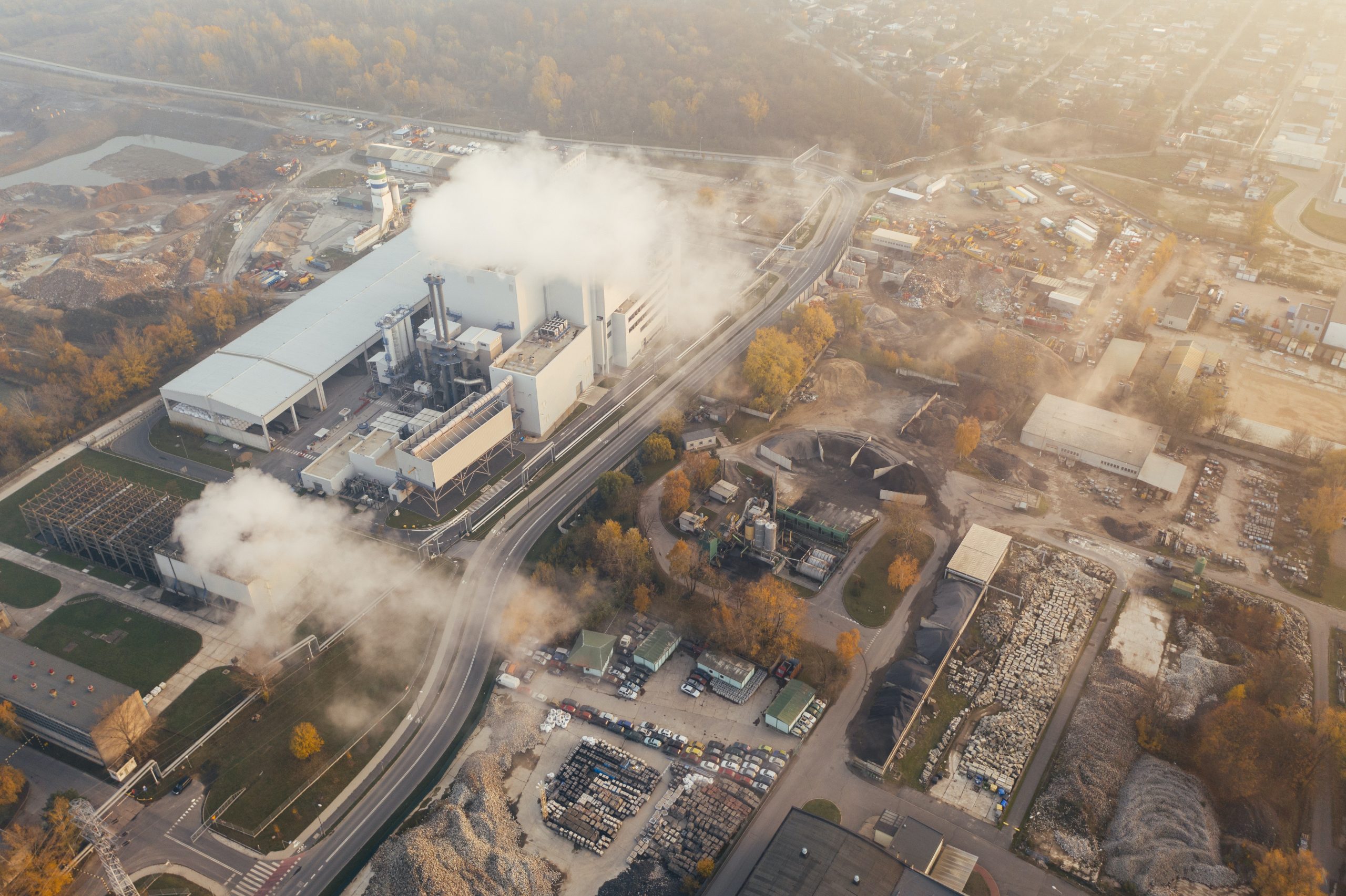Berlin, Germany – In a move that has ignited a fierce debate among environmental activists and energy experts, Germany is setting the stage for a potential clash within the upcoming Group of Seven (G7) summit by pushing for the endorsement of natural gas as a transitional energy source. This stance puts the country at odds with several G7 member states who have been actively promoting renewable energy solutions as part of their commitment to combat climate change.
Germany, as Europe’s largest economy and a significant user of natural gas, argues that natural gas can serve as a bridge to a greener future by helping to reduce reliance on more polluting fossil fuels like coal and oil. The proposal is expected to be met with resistance from countries such as Canada and France, which have been championing the adoption of renewable energy technologies and have set ambitious targets to phase out fossil fuel usage.
Supporters of Germany’s position assert that natural gas, being the cleanest burning fossil fuel, can play a crucial role in reducing carbon emissions in the short term, especially in sectors where renewable energy sources are not yet viable, such as heavy industries or shipping. They argue that an abrupt transition away from natural gas without a suitable alternative in place could lead to energy shortages and economic instability.
However, environmental activists and some scientists are concerned that a continued reliance on natural gas will hinder progress towards meeting the goals of the Paris Agreement and exacerbate the climate crisis. They argue that investing in further natural gas infrastructure would lock in fossil fuel dependence for decades and divert resources away from renewable energy solutions. Instead, they advocate for accelerated investments in renewable technologies, energy storage, and efficiency measures to achieve a swift transition to a fully sustainable energy system.
The clash over gas endorsement highlights the complex balance between addressing climate change and ensuring energy security. The G7 summit, which brings together the world’s major advanced economies, will undoubtedly witness intense negotiations as countries grapple with reconciling these competing priorities. The outcome of these discussions will not only shape the energy policies of member states but also send a signal to the international community regarding the global commitment to combatting climate change.
As the G7 summit approaches, it is crucial for journalists and researchers to employ robust fact-checking techniques and engage diverse sources to uncover the motivations, interests, and potential consequences of endorsing natural gas. The public’s right to accurate and unbiased information is paramount, especially in matters concerning the environment and energy, where decisions made today will have far-reaching implications for future generations.
In a world grappling with the urgency of climate action, the G7 clash over natural gas serves as a reminder of the intricate challenges that lie ahead. Balancing energy security, environmental stewardship, and economic considerations will require careful deliberation and collaboration among nations. The world will keenly watch as Germany, alongside its G7 counterparts, navigates these contentious waters in search of a sustainable energy future.




